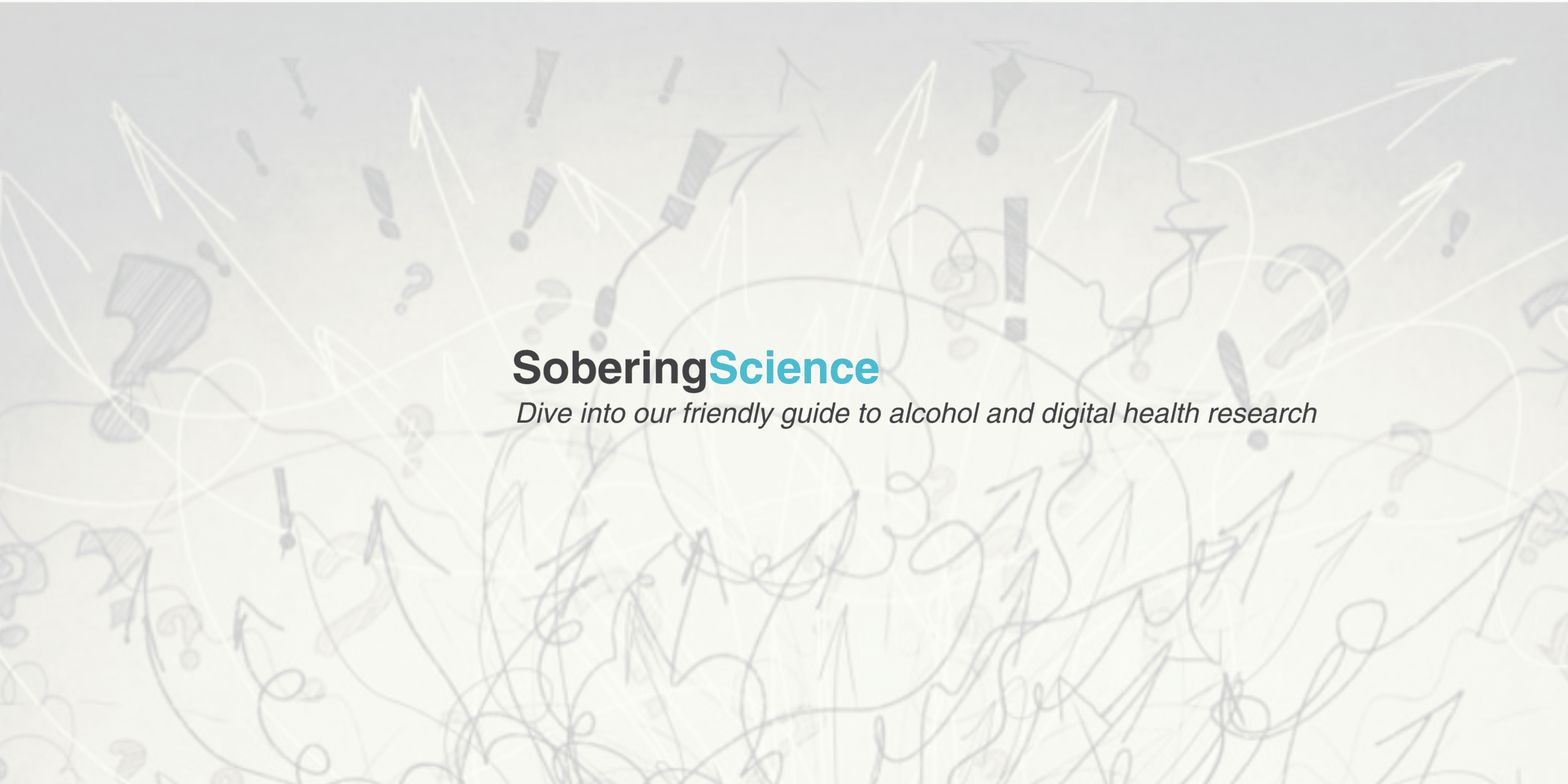
Coping with Pandemic Fatigue in 2021
In 2020, we found the strength and courage to support ourselves, our loved ones, and our communities throughout the challenges of COVID-19. We had to rapidly adjust to the ‘new norm’ of everyday living. Now well into 2021, many people feel like they are running close to empty, both emotionally and mentally.
Wrestling with intense emotions day after day drains your energy, causing fatigue. It’s normal to be feeling somewhat flat in mood and burned out right now. After many months of dealing with the fallout from COVID-19, many people are experiencing what is known as pandemic fatigue. This is a genuine feeling of exhaustion stemming from the effects of COVID-19, including the several lockdowns, remote working, and home-schooling, to name a few.
More than ever, it’s time to consider our ‘framework for self-care’. Attached is a little e-Book called Strategies for Managing Pandemic Fatigue. This contains some techniques for you, your family and friends. Please feel free to share it with your colleagues, peers, parents, students, managers and employees.
Start your day by making a conscious effort to replenish and reach out to others, as connection is the foundation of support. Communicate with others about any stress you may be experiencing right now.
- Talk openly about how the pandemic is affecting you.
- Identify factors that cause stress, and work on solutions.
- Reach out and share mental health resources.
- Remind each other that everyone is playing an important role in managing this pandemic and that everyone is doing the best they can with the resources available.
Please know, you are not alone. We are in this together.
Stay safe,
Dominique







I love this thank you for putting this together. I’ll definitely be sharing with my community.
Thank you – something to refer to. It’s tough and this gives some ideas. I guess the first step is admitting things aren’t so good!
This is a terrific resource. It would be great to include additional links to services for minority communities – Aboriginal support services, LGBTQI+ counselling services and support lines, and multicultural support services. The ones you’ve listed are great but might not be safe, or perceived as safe, for everyone.
Would also be wonderful to see this available in languages other than English.
Dear Siobhan,
Thank you for your insightful suggestions. We’ll make sure to include additional links to services for minority communities (including Aboriginal support services, LGBTQI+ counselling services and support lines, and multicultural support services) in any revised versions.
This is a great resource, thank you! Is it fine to share it with my work community, acknowledging where it comes from of course?